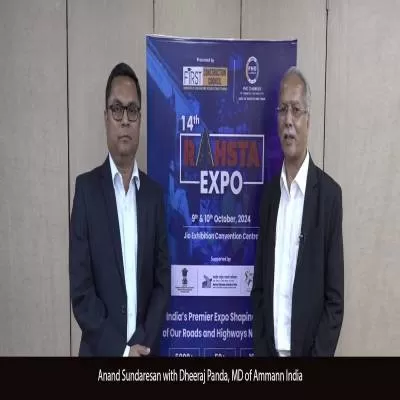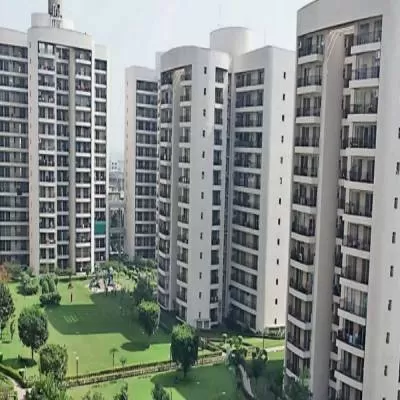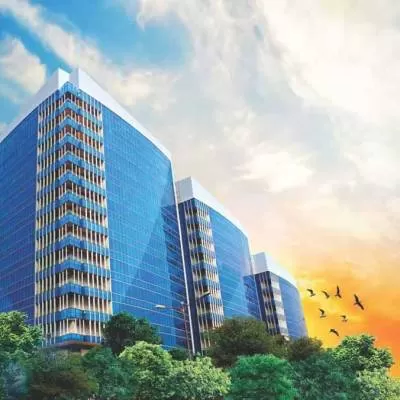- Home
- Real Estate
- It takes 40 challenging steps to gain construction permits in India. Need to fast-track these!
It takes 40 challenging steps to gain construction permits in India. Need to fast-track these!
With the above 40 steps, it is no surprise that India is at the bottom of the list in respect to dealing with construction permits. Although the country's overall rank in ease of doing business has risen to 130 in the latest World Bank report, India is at the bottom of the list with respect to dealing with construction permits, with the rank of 183. <br /> <br /> For instance, as the above table reveals, there are 40 procedural steps in Mumbai.<br /> In contrast, the average number of procedures for dealing with construction permits in high-income countries is only 12 and the average time period required is also much less. Evidently, India has a lot to do to reduce the procedures and time required for getting construction permits. In fact, the processes listed by the World Bank pertain to construction permits only and do not cover a number of other approvals and clearances to be secured for development of an urban property.<br /> <br /> <span style="font-weight: bold;">Reaction and action</span><br /> Soon after the report was published by the World Bank, the Central Government decided to come out with necessary notifications to streamline approvals for construction projects in urban areas to enable time-bound and hassle-free clearances for projects.<br /> <br /> The Ministry of Environment and Forests & Climate Change has committed to simplify the process for according environmental clearances, including regulations at state or local body level so that the ministry need not be approached for such clearances.<br /> Construction projects near airports require clearance from the Ministry of Civil Aviation; to make the process hassle-free, colour-coded zoning maps of airport areas have been uploaded on its website, enabling urban local bodies to accord approvals without the applicants going to the ministry. Where required, the NOC process has been made online to minimise human interface and expedite clearance. Similarly, the Ministry of Culture has introduced an online approval system for clearances near monuments and heritage areas. <br /> <br /> The Ministry of Defence is initiating similar measures such as zoning-based guidelines and time-bound clearances.<br /> <br /> Further, the National Building Code is being updated to enable quick approvals with minimum human interface. And, model building bylaws have been prepared by the Ministry of Urban Development incorporating the simplified guidelines of the Ministry of Environment and Forests.<br /> <br /> The above steps mark a major shift towards a risk-based approval system that places the onus on the applicant for any violation of undertaking given with respect to compliance with guidelines.<br /> <br /> With the Central Government taking these measures in quick time, the onus has shifted to state governments and local bodies for simplifying the procedure in obtaining construction permits.<br /> <br /> In an era of competitive federalism, every state has to compete in attracting investment and it is essential in this context to create a favourable ecosystem for businesses to flourish. Mumbai is setting the benchmark in improving the business environment for the rest of India to follow.<br /> <br /> <span style="font-weight: bold;">Simplifying and expediting construction permits</span><br /> Mumbai has swung into action quickly, cutting down the number of approvals and clearances from 119 to 58. <br /> <br /> Parallel processing of approvals has been enabled so that the overall time period is reduced from over 365 days to 60 days flat. The number of payment windows for various permits have been collapsed from 89 to one. <br /> <br /> And, self-certification for some services and certification by consultants for MEP works have now been permitted.<br /> <br /> These measures will result in expeditious approvals for new projects, reflecting an improvement in the ease of doing business, thus boosting investor confidence.<br /> <br /> <span style="font-weight: bold;">About the author: <br /> Rohit Katyal, Executive Director & CFO,</span> founded Capacit'e Infraprojects in 2012, with the vision of providing high-quality building construction services, which would be consistent and compliment the best-in-class global construction practices. He looks after the finance, accounts and audit, procurement, asset management and budget control for the company.<br />






















